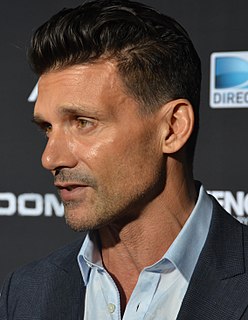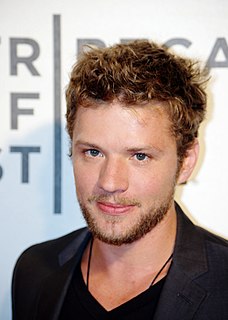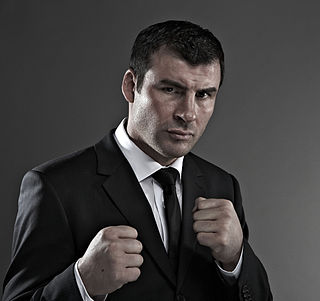A Quote by Frank Grillo
I grew up with no money. No money. I always struggled and had the sense that there was this other class of people who went to college - this was when I was younger.
Related Quotes
To walk in money through the night crowd, protected by money, lulled by money, dulled by money, the crowd itself a money, the breath money, no least single object anywhere that is not money. Money, money everywhere and still not enough! And then no money, or a little money, or less money, or more money but money always money. and if you have money, or you don't have money, it is the money that counts, and money makes money, but what makes money make money?
I mean, I've always felt like a lot of people's misconceptions of me have to do with how I grew up. I grew up poor, and I grew up rich. I think some people who have never met me have a misconception that when I was living with my father when he was successful, that I was somehow adversely affected by his success or the money he had and was making at the time.
My father was brought to this country as an infant. He lost his mother as a teenager. He grew up in poverty.Although he graduated at the top of his high school class, he had no money for college. And he was set to work in a factory but, at the last minute, a kind person in the Trenton area arranged for him to receive a $50 scholarship and that was enough in those days for him to pay the tuition at a local college and buy one used suit. And that made the difference between his working in a factory and going to college.
I'm a product of state schools. I had a working-class family. We had no books. I was the first to go to college. But I didn't really think about it, or about making money. I was just going to be an artist, and I've been fortunate. I've never had to work for anybody nor have I had to write for money. Maybe that's another reason that I've been able to be productive. I haven't had to use my writing to make a living.
If you come from a working-class background, you can't afford to write full time, because you're just not being paid. Basically, all my arguments come down to Marxist doctrine: The world is shaped by money, so the only voices you'll hear are the ones with money behind them. But thankfully, culture and cool are some things that circumvent money, because if you're cool, people will want to give you money - suddenly you shape the market and people start coming to you. Which is why culture has always been a traditional way out for working-class people.
I think people assume that because I talk the way that I talk that I grew up with money, and then I've had to say, 'No, I grew up poor.' And then I was like, 'Why do I have to play this game where the only black experience that's authentic is the one where you grew up in poverty?' I mean, it's ridiculous.
One’s relationship with money is lifelong, it colors one’s sense of identity, it shapes one’s attitude to other people, it connects and splits generations; money is the arena in which greed and generosity are played out, in which wisdom is exercised and folly committed. Freedom, desire, power, status, work, possession: these huge ideas that rule life are enacted, almost always, in and around money.
Anytime I have communicated with college-going people, fresh out of college, looking for a job - money is very important, that is just so important. What is not important is how do you plan to live your life or the larger picture. Not that I had such philosophical intentions when I was 18, but I think there was lesser importance for money.




































